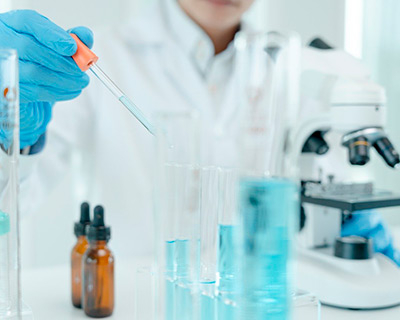HMW-nudibranch
Title: Extraction of high molecular weight DNA from nudibranchs
Research group: Microbial Single-Cell Genomics
In our previous study, we discovered that bacterial symbionts of nudibranch Doriopsilla fulva contain biosynthetic pathways that potentially provide chemical defense for their hosts. Since these symbionts were uncultrable, we aimed to produce the bioactive molecule by a heterologous gene expression system. However, it is very common that despite the BGC is expressed by the heterologous culture, the complete synthesis of the final molecule cannot be not achieved.
We believe that the nudibranch hosts might be providing some precursors to their symbiotic bacteria which at the end result in synthesis of the bioactive molecule. Therefore, our objective is to sequence the whole genome of the nudibranch host. The first step is to select the most optimal method for extracting high molecular weight DNA of the selected nudibranch species. Currently, there are no specific methods for extraction of high molecular weight DNA from nudibranchs. There are few previous studies which focused on optimizing DNA extraction from ethanol-preserved snails, however, the DNA extracted in these previous studies has been most commonly used to amplify a single gene, for which high molecular weight DNA is not that important as in the case of whole genome sequencing on third-generation sequencers, such as PacBio. The extraction reagents may be inhibited by slime covering the nudibranchs, and there might be also some inference with a high content of salt. In this project we will test combinations of different preservations methods and different DNA extraction methods to obtain a DNA sample with high concentration containing large fragments of DNA suitable for sequencing on the PacBio platform.
whole genome sequencing, nudibranchs, marine soft-bodied animals
- Dzunkova, Maria
- PI-Invest Disting Exper.Internacional
Institut d'Estudis Catalans
I2SysBio















